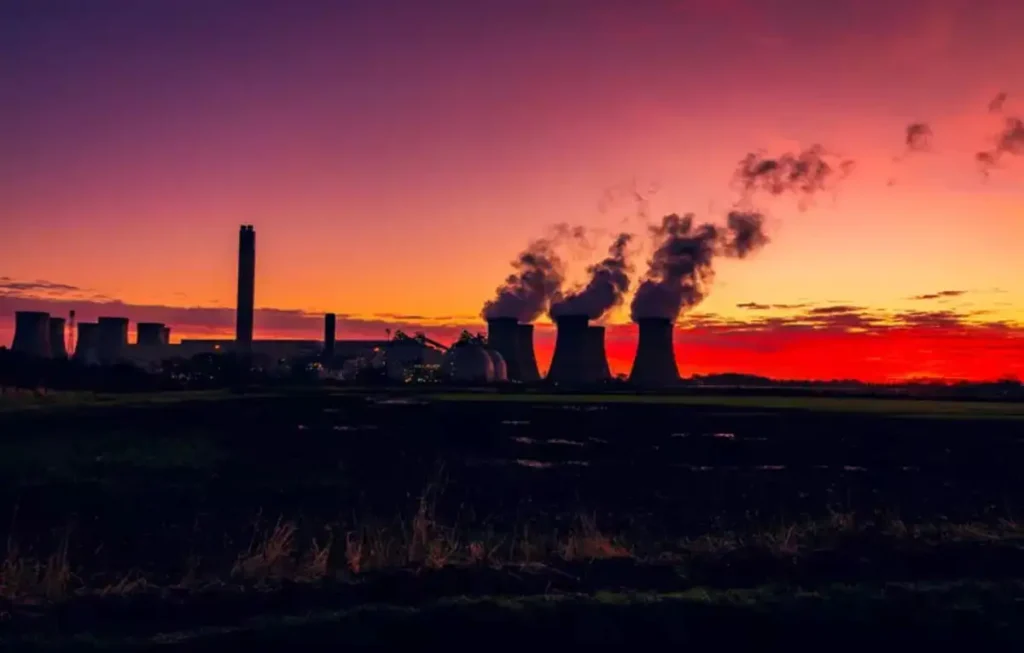The African Union (AU) has declared that the continent requires over $3 trillion to achieve its climate goals, warning that climate finance is no longer a luxury but a matter of survival for Africa.
AU Commissioner for Agriculture, Rural Development, Blue Economy and Sustainable Environment, Moses Vilakati, disclosed this during a pre-summit briefing ahead of the second Africa Climate Summit (ACS2) scheduled for September 8–10 in Addis Ababa, Ethiopia.
Speaking under the summit’s theme, “Accelerating Global Climate Solutions: Financing for Africa’s Resilient and Green Development,” Vilakati emphasized the urgency of climate investment to combat the disproportionate impacts of climate change on Africa.
“Africa contributes the least to global greenhouse gas emissions, yet we suffer the most due to our geographic vulnerabilities, weak adaptive systems, and economic challenges,” Vilakati said.
Despite this reality, he lamented that the continent received just $30 billion in climate finance between 2021 and 2022, a fraction of the over $3 trillion required to stay on track with climate targets.
According to him, only 18 percent of Africa’s mitigation needs and 20 percent of its adaptation financing are currently being met, a situation he described as unsustainable.
He urged African governments, private investors, and international partners to collaborate and create an environment that fosters “efficiency, adequacy, and justice” in climate funding.
Referencing the commitments from the inaugural climate summit, Vilakati reiterated Africa’s goal to triple its renewable energy capacity to 300 GW by 2030, capitalising on its vast solar resources.
“Africa holds the highest solar potential globally. We must leverage this advantage to drive a just and equitable energy transition,” he added.
He said ACS2 would push for the integration of climate risks into national development plans, encourage sustainable industrialisation, and strengthen regional climate policies. He also confirmed that the summit will continue to rotate among African countries to ensure inclusivity and shared responsibility.
Also speaking, Ethiopia’s State Minister for Planning and Development, Seyoum Mekonnen, said the summit was designed to shift the global narrative from portraying Africa as a climate victim to showcasing the continent as a source of climate solutions.
“This is not just another summit. This is Africa’s COP — our moment to lead and demand a fairer global climate financing framework,” Mekonnen stated.
He cited Ethiopia’s success under the Green Legacy Initiative, which saw the planting of over 40 billion trees in six years, resulting in forest cover growth from 17.2 percent in 2019 to 23.6 percent in 2023.
“We are not just hosting a summit—we are building a movement. And every movement needs voices that amplify, challenge, and inform,” Mekonnen said.
The summit is being organised in partnership with the African Union Commission and is expected to attract heads of state, global financial leaders, climate scientists, and civil society advocates focused on reshaping Africa’s climate future.
Do you want to share a story with us? Do you want to advertise with us? Do you need publicity for a product, service, or event? Contact us on WhatsApp +2348183319097 Email: platformtimes@gmail.com
We are committed to impactful investigative journalism for human interest and social justice. Your donation will help us tell more stories. Kindly donate any amount HERE




